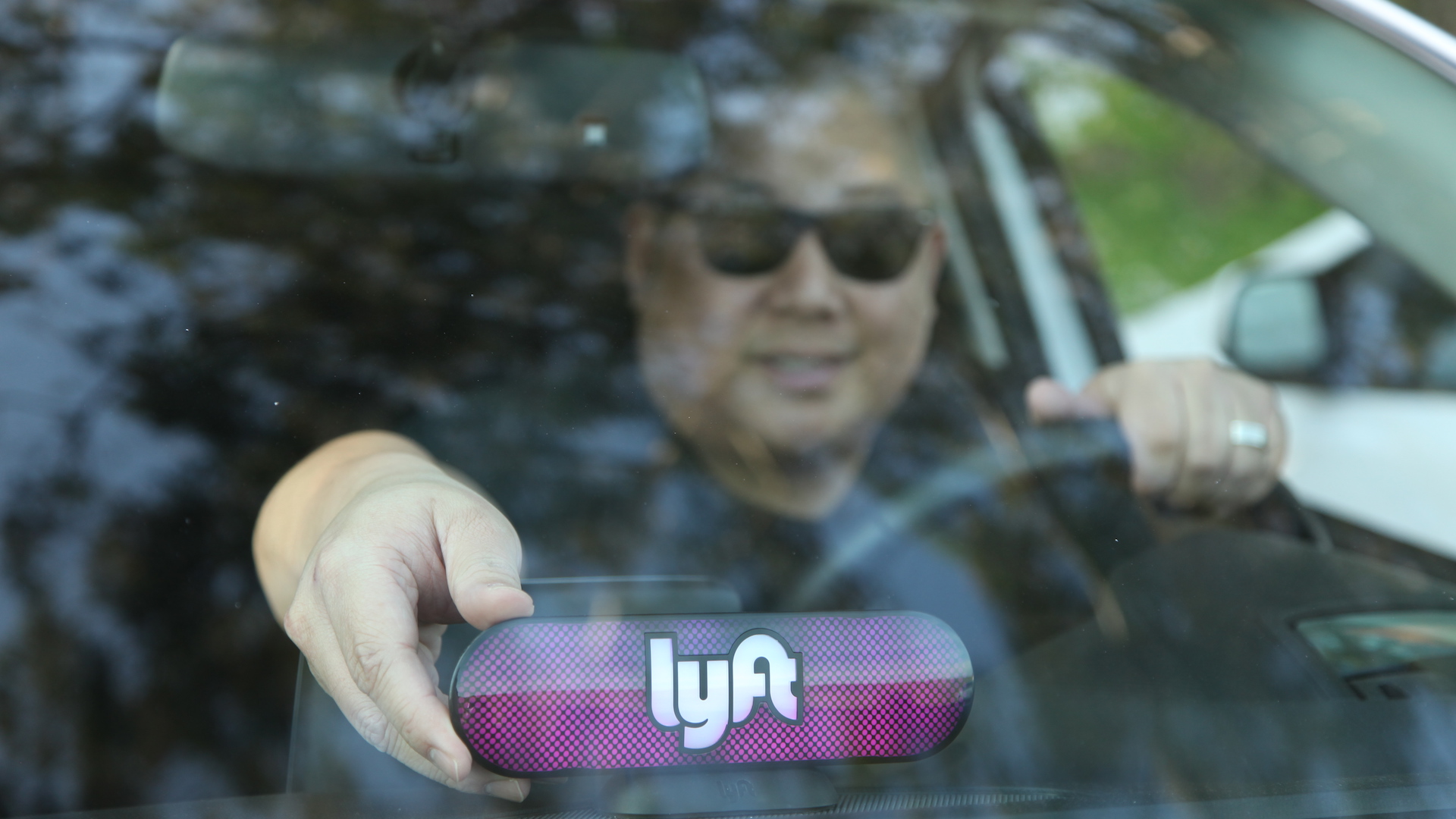

Lyft has big plans for self-driving cars. The ride-sharing company recently launched its own autonomous-car development lab, and is also working with Waymo and NuTonomy on the technology. The goal is to give a billion rides in self-driving cars by 2025. But where does that leave human drivers?
Despite the technology change, human drivers will continue to have a place at Lyft, Taggart Matthiesen, the company’s director of product, said in a recent interview with Recode. Matthiesen said Lyft may look into other types of services that require a human in the car, even if that person isn’t driving.
“Drivers have always been part of our family, they have been core to our service,” Matthiesen said. “As far as I’m concerned, they will continue to be that. Over time, technology will give us the opportunity to provide additional services on our platform, whether that is a concierge service, whether that is an in-vehicle experience…these are all things that we will slowly evolve and work with our drivers on.”
As one example, Matthiesen said that if a person with a leg in a cast uses Lyft to get to a doctor’s appointment, and hails a self-driving car, the company may put a person in the mix to assist them. Matthiesen said the Lyft app will eventually hail either human-driven or autonomous cars, but that it won’t give preference to one or the other. It will simply dispatch whatever can get to the rider fastest.
While mass deployment of self-driving cars is still several years away at least, an “advisory council” is already reaching out to Lyft drivers about the future of human workers in a world of autonomous vehicles, Matthiesen said. That future is unclear; while Intel recently declared that self-driving cars could generate $7 trillion in revenue by 2050, it said finding new jobs for human drivers could be a problem.
Matthiesen’s comments echo those of Raj Kapoor, Lyft’s chief strategy officer. Shortly after Lyft announced its autonomous car push last month, Kapoor said there will always be certain jobs that only humans can do, such as helping the disabled and elderly in and out of cars. And even if they do appear in the next few years, it will still take a long time for fully-autonomous cars to completely displace human drivers.
The first Lyft rides in self-driving cars will happen later this year in Boston. Lyft customers will be able to hail prototype cars from startup NuTonomy, which are already operating in a limited area of the city. These limited tests could be the start of something big for Lyft customers…or the start of anxiety regarding job security for Lyft drivers.